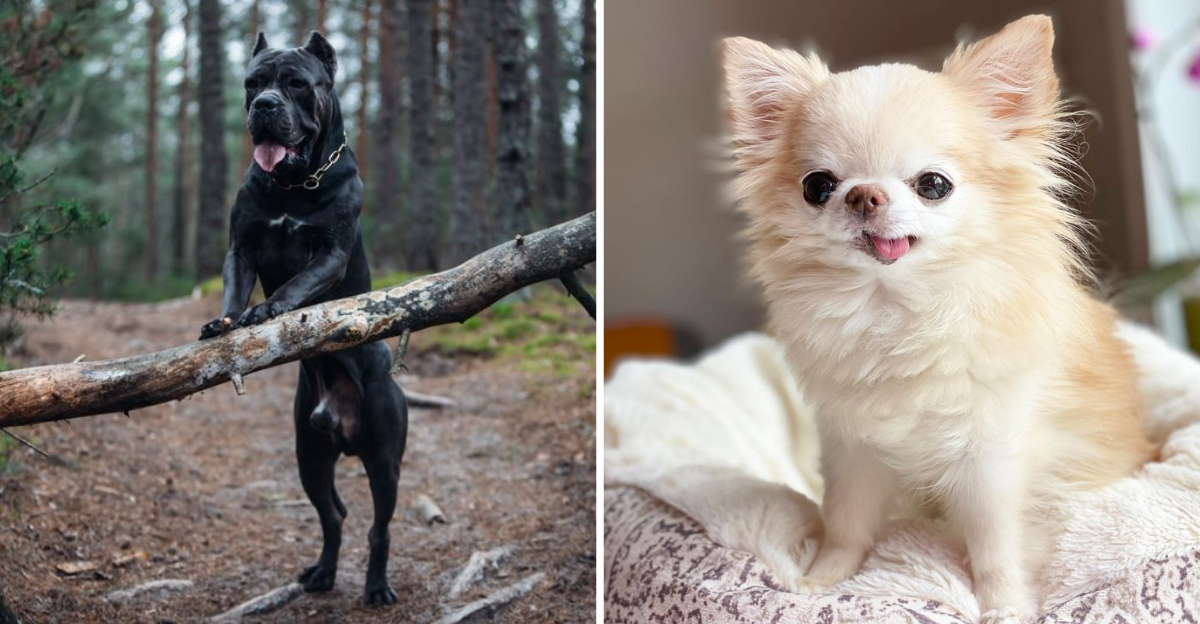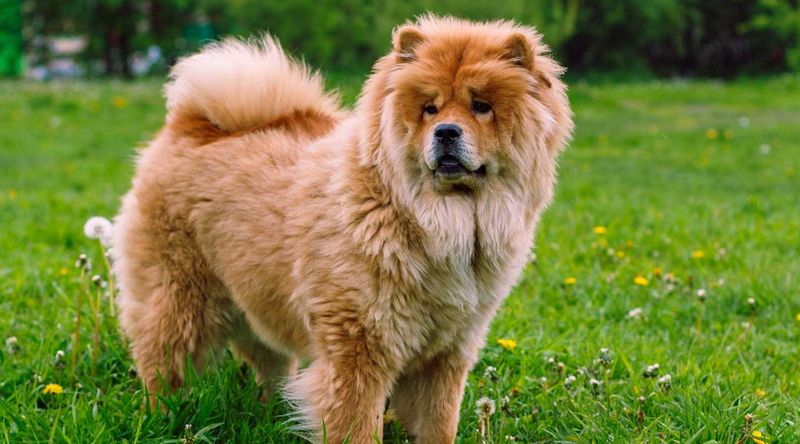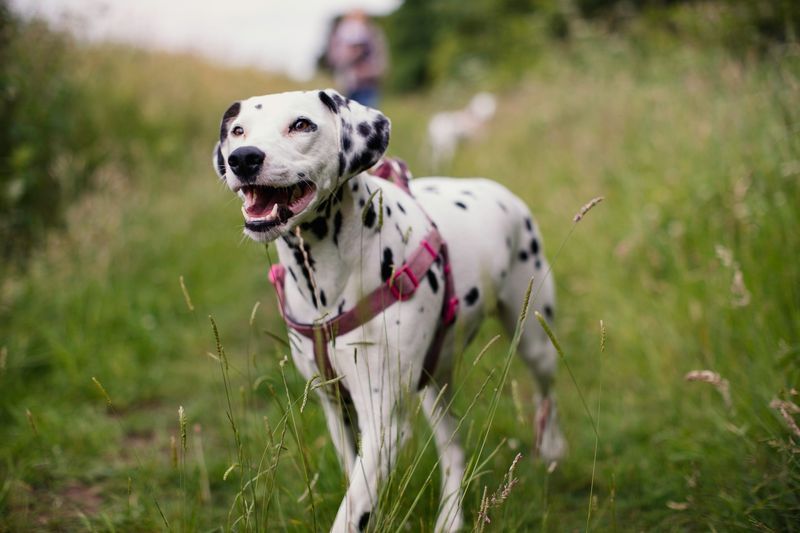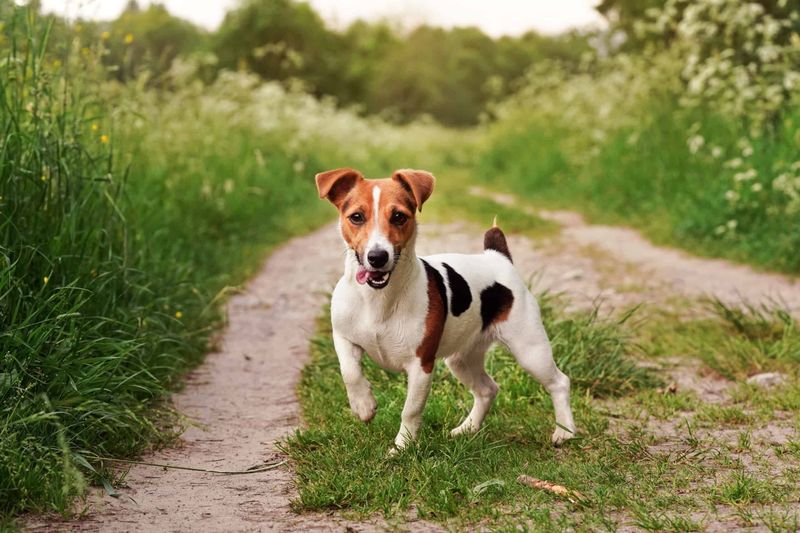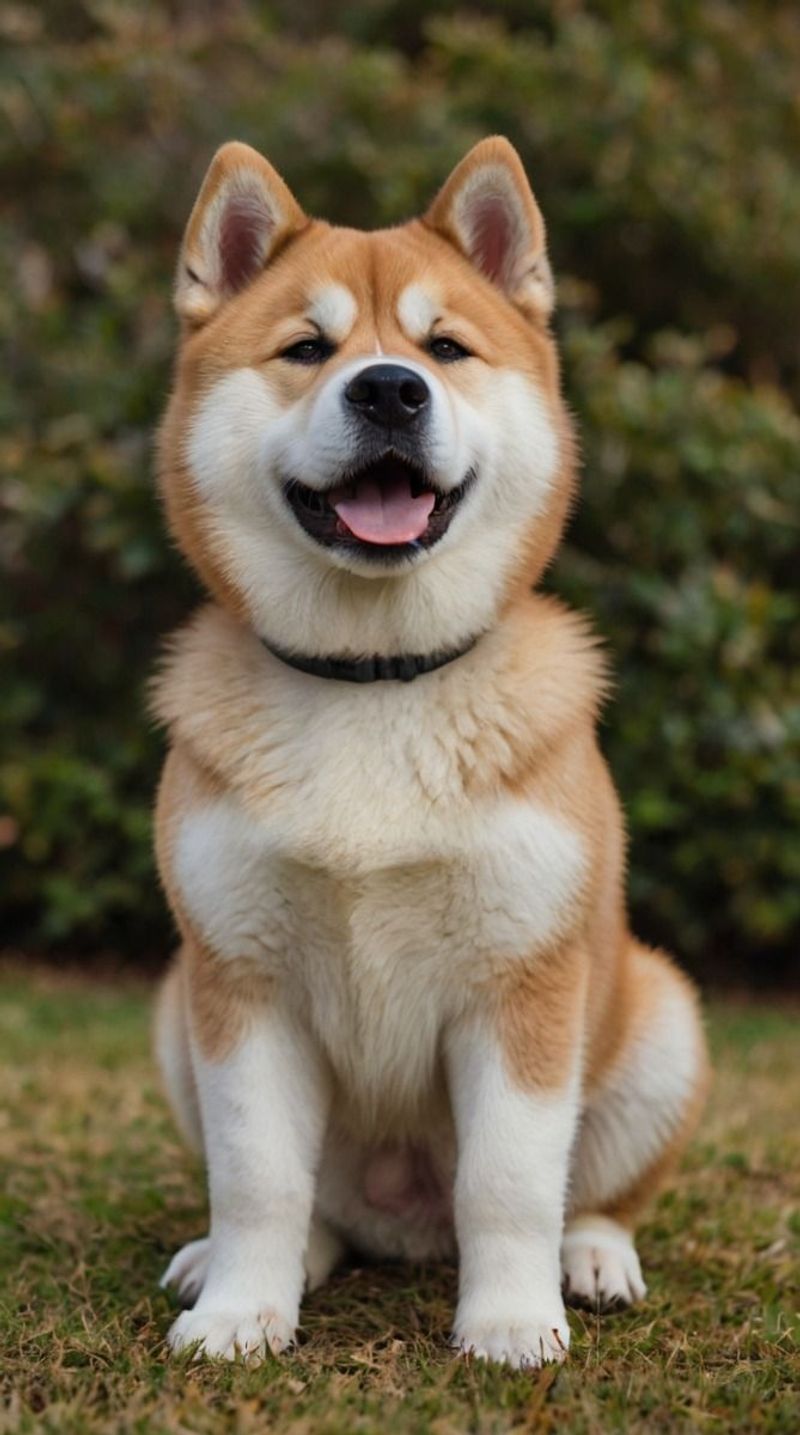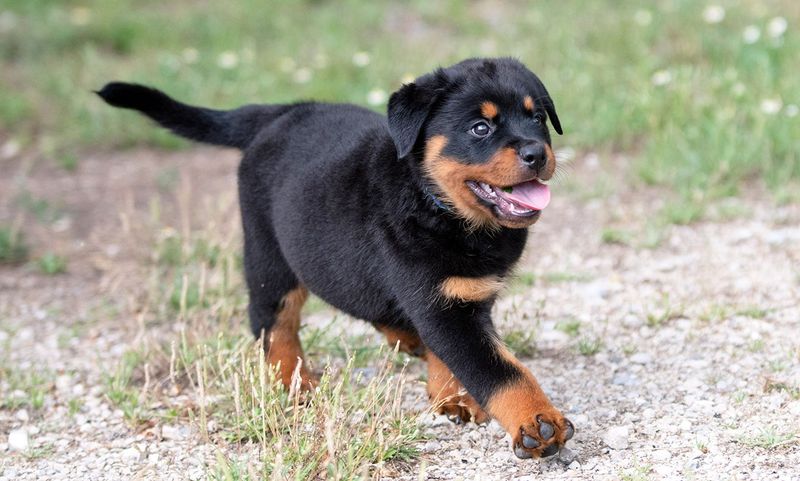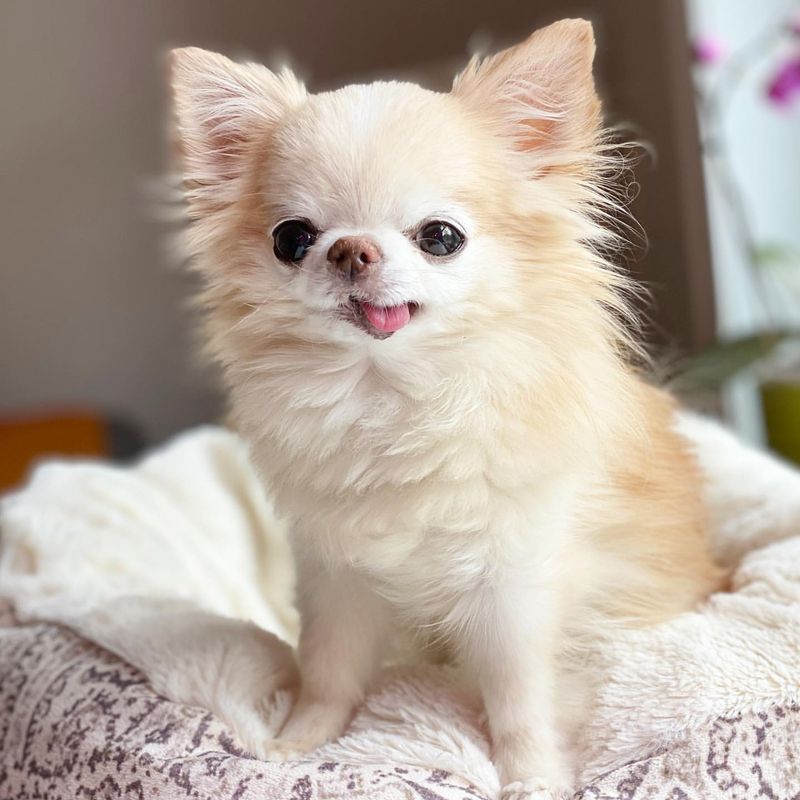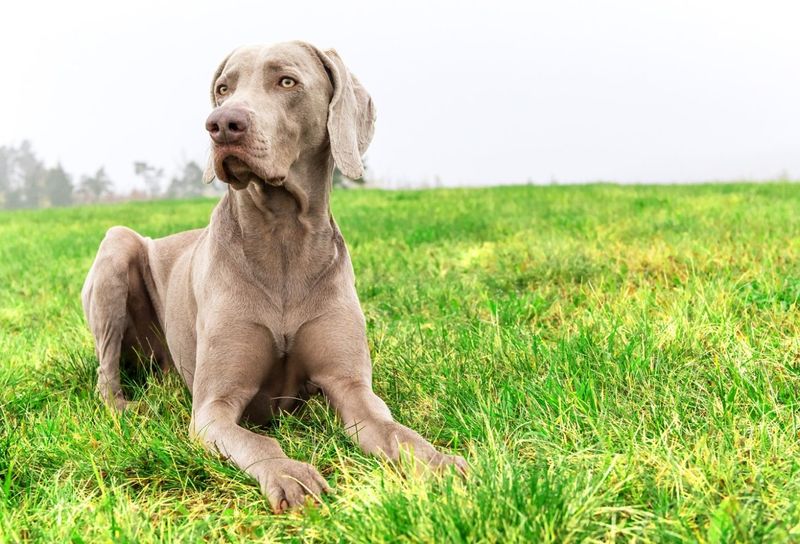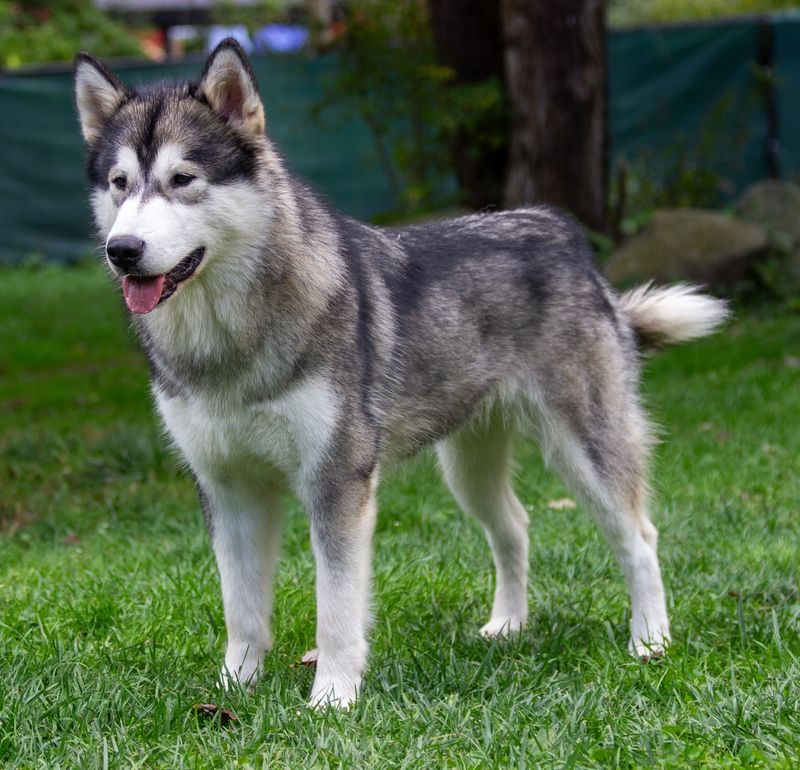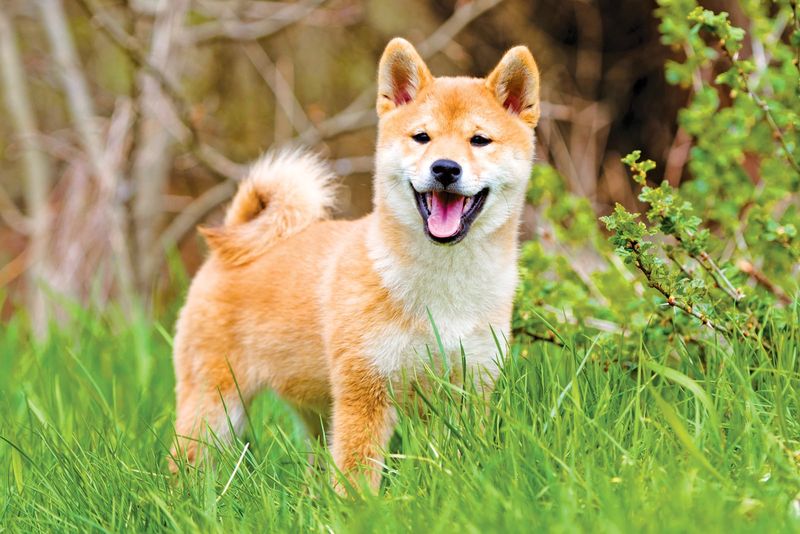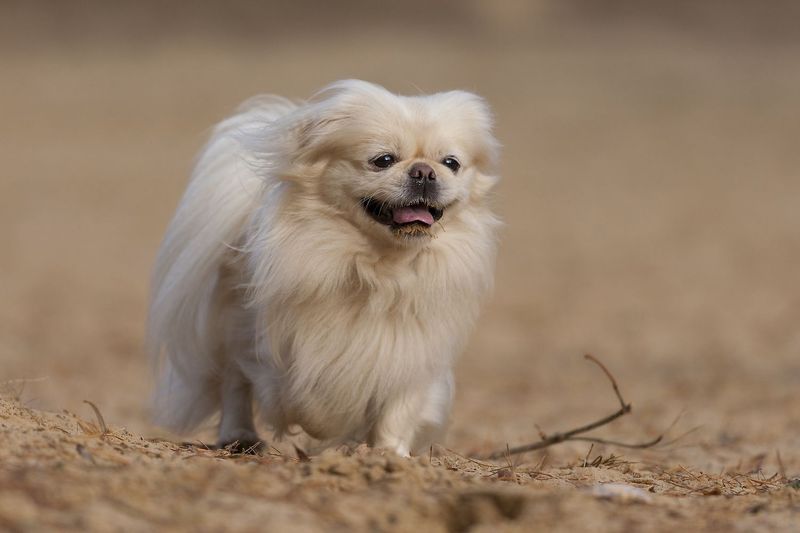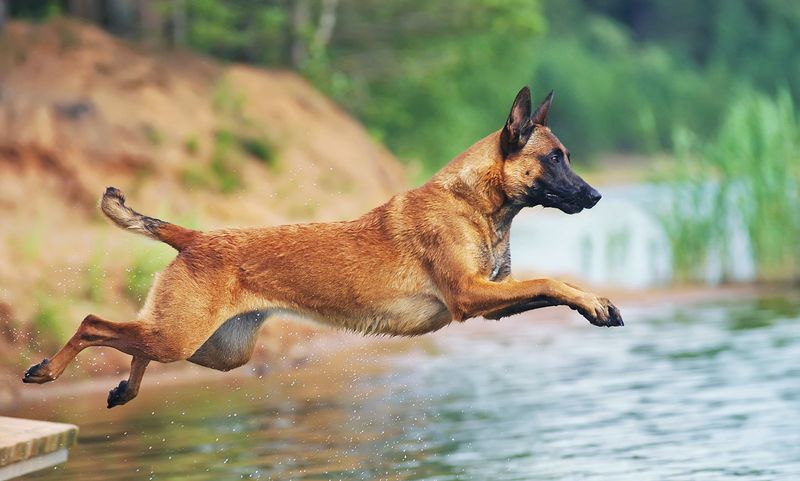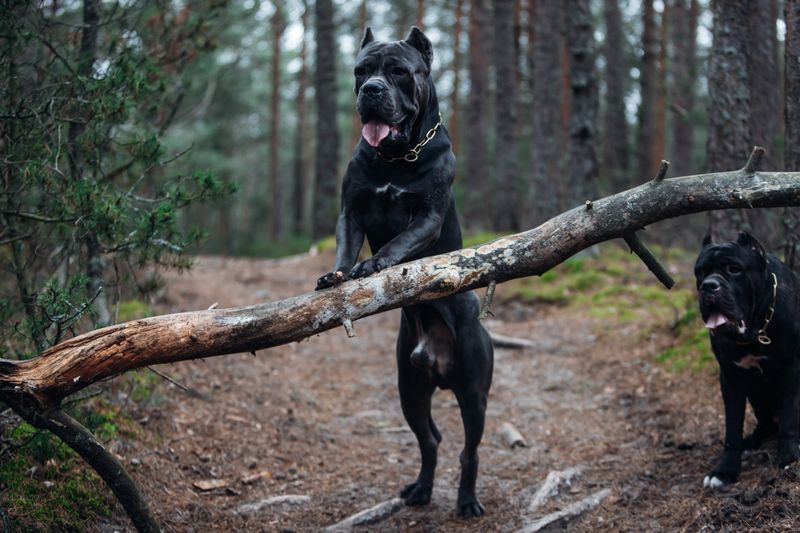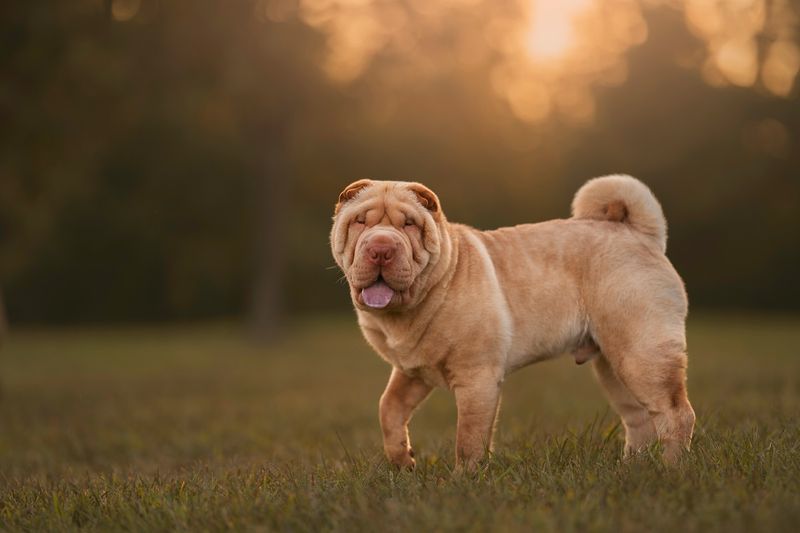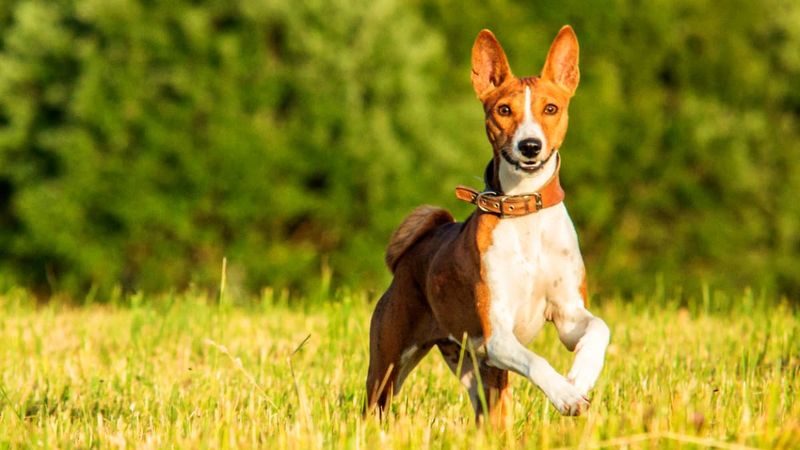📖 Table of Content:
Choosing the perfect dog for a family requires thoughtful consideration of several factors. While many breeds are loving and affectionate, some may not be ideal for families due to their temperament, energy levels, or specialized care requirements. It’s important to understand these traits to ensure a harmonious relationship between the dog and family members.
In this post, we highlight 14 dog breeds that could present challenges in a family environment. These breeds may have traits such as high energy, stubbornness, or strong independence that can be difficult for households with children or busy schedules. However, it’s essential to remember that with proper training, patience, and care, many of these challenges can be managed.
Every dog is unique, and their behavior often depends on training, socialization, and the love they receive. While some breeds may need extra effort to adapt to a family setting, they can still become loyal and affectionate companions. Let’s take a closer look at these breeds and the considerations that come with welcoming them into a family home.
1. Chow Chow
With their lion-like mane and aloof demeanor, Chow Chows are known for their independent nature, which can be challenging for families with young children. Despite their charming appearance, they require experienced handling to prevent behavioral issues.
Chow Chows may show aggression if not socialized properly from a young age. Their stubbornness often makes training difficult, necessitating a firm and patient owner.
With regular grooming needs and a tendency to be territorial, they might not be the best fit for a bustling household. Considered more of a one-person pet, they can be loyal but not overly affectionate.
2. Dalmatian
Vibrant and energetic, Dalmatians require plenty of exercise to stay happy and healthy. Their high energy levels may be overwhelming for families seeking a calm pet, but they thrive in active households that can meet their physical needs.
Known for their intelligence and alert nature, training a Dalmatian requires commitment. Without proper guidance, they might develop behavioral issues.
Their strong protective instincts can sometimes lead to aggression towards strangers. Early socialization is crucial to ensure they become well-mannered companions. While charming, Dalmatians need owners who understand their unique needs.
3. Jack Russell Terrier
Small but mighty, Jack Russell Terriers are known for their boundless energy and strong hunting instincts. Their lively nature can be overwhelming for families with small children.
These terriers require a lot of mental and physical stimulation to prevent boredom, which can lead to destructive behavior.
They are best suited for active families who can provide ample playtime and challenges. Training a Jack Russell can be tricky, as they are intelligent yet stubborn, needing a firm and consistent approach. Despite these challenges, they are loyal and loving.
4. Akita
Strong-willed and independent, Akitas are known for their loyalty and protective nature. However, these traits can sometimes pose challenges in a family setting.
They require experienced handlers who understand their need for consistent training and socialization. Akitas are not naturally tolerant of other pets, which may not suit multi-pet households.
Their strong territorial instincts and reserved nature towards strangers make them excellent guard dogs but can also be intimidating. With the right training, they can be gentle companions, but they are not ideal for novice dog owners.
5. Rottweiler
Powerful and confident, Rottweilers possess a strong guarding instinct. Affectionate with their families, they require an experienced owner to manage their assertive nature effectively.
Proper training and socialization are essential to prevent overprotectiveness and aggression. Rottweilers thrive with a firm leader who can provide structure and discipline.
Their size and strength may be intimidating, requiring responsible ownership. Without guidance, they might pose challenges in homes with small children. Despite their reputation, Rottweilers can be loving and loyal companions when well-trained and understood.
6. Chihuahua
Tiny yet sassy, Chihuahuas are often underestimated due to their small size. Their delicate nature makes them less suitable for families with very young children.
Known for being fiercely loyal, they can become overly attached to one person, leading to possessive behavior. Socialization is key to managing their feisty temperament.
They require gentle handling and patience, as they can be prone to nervousness and barking. Despite their challenges, Chihuahuas can be delightful companions in the right environment, thriving with attentive and understanding owners.
7. Weimaraner
Weimaraners are intelligent and energetic dogs that need plenty of exercise and mental stimulation. Their boisterous nature can be overwhelming for families that can’t meet these needs.
They require a lot of attention and can develop separation anxiety if left alone for long periods. This breed demands a commitment to training and active participation in their lives.
Weimaraners are known for their hunting instincts and can be challenging around small pets. While they are loving and loyal, they thrive with owners who can match their active lifestyle.
8. Alaskan Malamute
Strong and independent, Alaskan Malamutes were bred for endurance and strength. Their large size and high energy levels make them less suited for small living spaces.
They have a strong prey drive and may not get along with smaller pets. Training can be a challenge due to their independent streak.
Malamutes require regular exercise and mental stimulation to prevent boredom and destructive behavior. Families considering this breed should be prepared for their grooming needs and time commitment. With proper care, they can be loyal and affectionate companions, but they need a dedicated owner.
9. Shiba Inu
With their spirited personality and fox-like appearance, Shiba Inus are known for their independence, which can present challenges for families with young children.
They are intelligent and curious but require patience in training due to their stubbornness. Socialization is crucial to ensure they remain friendly and well-mannered.
Shibas are best suited for households that understand their unique traits and can provide consistent training. While they are clean and quiet, their aloof nature means they are not typically cuddle companions, preferring to do their own thing.
10. Pekingese
Known for their regal appearance and confident demeanor, Pekingese have an independent nature that can make them stubborn and challenging to train.
Families with young children might find their aloof nature and low tolerance for rough play a concern. Socialization and gentle handling are important to manage their temperamental side.
Pekingese require regular grooming due to their luxurious coats. They thrive in calm households where they can be the center of attention. Though they may be reserved, they are undeniably loyal and can form strong bonds with their owners.
11. Belgian Malinois
Highly intelligent and driven, Belgian Malinois are often employed in police and military work. Their intense energy and focus can be overwhelming for casual pet owners.
They require significant training and mental challenges to keep them engaged. Without proper outlets, they can become restless and destructive.
Malinois need experienced owners who understand their working dog nature. While they are loyal and protective, they are not suitable for families with limited time and resources. These dogs thrive in active environments where they can utilize their skills and intelligence.
12. Cane Corso
Powerful and large, Cane Corsos possess an imposing presence and strong guarding instincts, often making them wary of strangers.
Proper training and socialization are essential to manage their assertive nature. They require a confident owner who can provide firm guidance.
While they are affectionate with family members, their size and strength might be unsuitable for homes with small children. Cane Corsos thrive in environments where they have a clear role and purpose. With the right leader, they can be devoted and protective companions.
13. Shar Pei
Known for their unique wrinkled skin and loyal nature, Shar Peis are devoted to their families but often remain aloof toward strangers.
Proper socialization is crucial to prevent aggression and ensure they are well-adjusted. Their independent nature can make training a challenge.
Shar Peis are best suited for experienced dog owners who understand their specific needs. They require regular grooming and care to maintain their skin health. With patience and understanding, they can be loyal and protective family members.
14. Basenji
Basenjis are unique dogs known for their cat-like qualities and lack of barking. Their independent and curious nature can be challenging for families.
They are intelligent but can be difficult to train due to their stubborn streak. Basenjis require a lot of mental and physical stimulation to stay content.
They are best suited for owners who appreciate their distinct characteristics and can provide a structured environment. While they may not be the best fit for everyone, Basenjis can be affectionate and entertaining companions for the right family.
